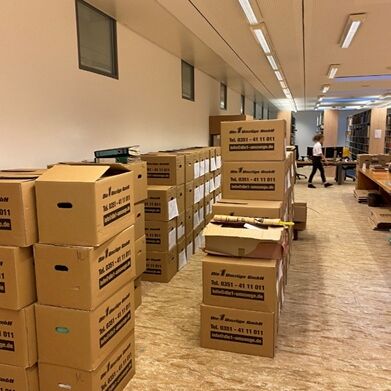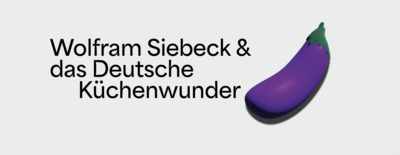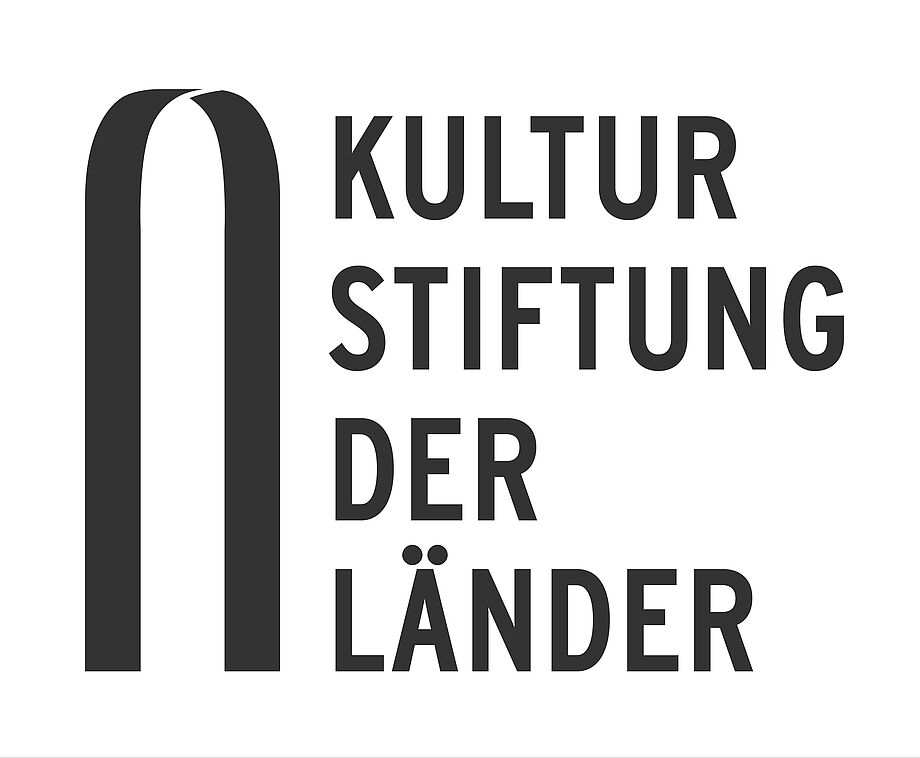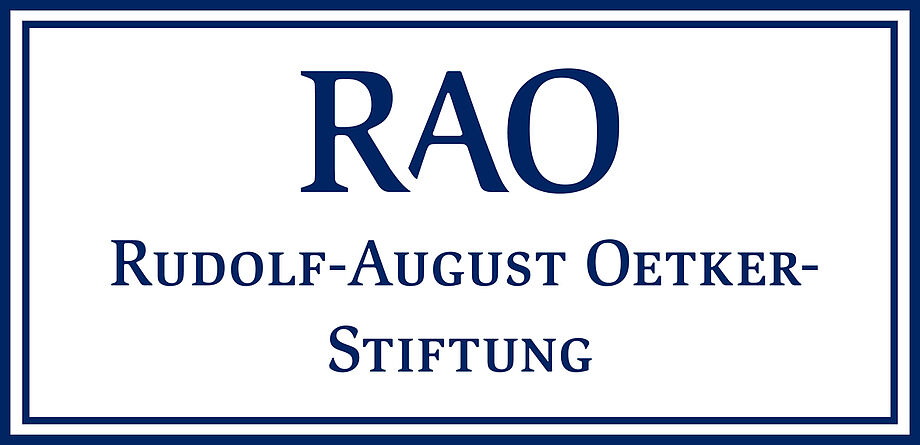German Archive of Culinary Arts
The German Archive of Culinary Arts, jointly founded by SLUB and TU Dresden, is the largest publicly accessible collection of cookbooks, menus, and dining cards in the German-speaking world. Its inventory is continuously expanding, organized, and available to both scholars and the general public.

The German Archive of Culinary Arts at the SLUB Dresden, founded in October 2022, is characterised by a wide range of "gastrosophical" literature. Manuscripts, books, and periodicals as well as ephemera such as menu cards, commercial graphics, photographs, and audiovisual media make up the special diversity of the collection, which is one of the most important of its kind in Germany. Highlights include the collections of Ernst Birsner, Walter Putz, Wolfram Siebeck and Eckart Witzigmann.
The German Archive of Culinary Arts represents a rich source for inter- and transdisciplinary research in the humanities, cultural studies and natural sciences around the topics of culinary arts, table culture and nutritional science. In the coming years, the archive will be continuously expanded as a place for analog and digital culinary collections. In the future, the "Kulinaria" will be accessible via a dedicated portal, which is currently under construction. The SLUB Dresden cooperates closely with the TUD, which, like the Christian C.D. Ludwig Foundation, has played a major role in the development of the collection, in the scientific indexing and the establishment of corresponding research networks.
Why Dresden? Culinary works with a History
More than 400 years ago, one of the first three professional cookbooks in the German language was written in Dresden: After Marx Rumpolt's Ein new Kochbuch (A New Cookbook) and Franz de Rontzier's Kunstbuch von mancherley Essen (Art Book of Miscellaneous Food), Johann Deckhardt's New Kunstreich und Nützliches Kochbuch (New Art Realm and Useful Cookbook) was published in 1611. The volume was printed in Leipzig and is considered the first Saxon cookbook. The corresponding manuscript from the 16th century is also in the holdings of the SLUB.
One of the first cookbooks for modern, upscale cuisine in Europe was also published in Dresden in 1819: Franz Walcha's Der praktische Koch (The Practical Cook). Three years later, Carl Friedrich von Rumohr (1785–1843), a native of Reinhardtsgrimma near Dresden, wrote Europe's first culinary aesthetics, whose preface to the second edition is dated "Wachwitz, den 17. April 1832". Der Geist der Kochkunst (The Spirit of Culinary Art) was published in 1822, even before Jean Anthelme Brillat-Savarin's famous work Physiologie du goût (Physiology of Taste).
Johann Friedrich Baumann (1781–1852) belongs to the group of the outstanding chefs that made their mark on Saxony and the Dresden court early on. The cook of the von Bünau family at Dahlen Castle near Riesa wrote the cookery and baking book Der Dresdner Koch (The Dresden Chef) in 1830. His son, the Dresden court cook Friedrich Tuiskon Baumann (1828–1898), was compared by his contemporaries to Marie-Antoine Carême (1784–1833). Carême was one of the most important chefs of his time and contributed significantly to the development of classical French cuisine.
(Source: Matzerath, Josef: Dresden kulinarisch exquisit. Köche – Kochbücher – gastrosophische Schriften. in: Genuss(kultur)metropole Dresden. Von adeligen Sitten zum bürgerlichen Wohlbefinden, Dresden 2020 (Dresdner Hefte, 142), p. 88)
How to use our services
- You can access the collections of Wolfram Siebeck and Ernst Birsner in the FoodStudio of the SLUB.
- You can search for all cookbooks via the SLUB catalogue and, depending on the status of the book, read it in the library, borrow it or have it delivered to another library via an interlibrary loan.
- The manuscripts of the collection are searchable in the Kalliope-Verbunddatenbank (collaborative database) and usable in the Collections Reading Room (floor -1).
- You can also find all the menu cards that have already been recorded in the Kalliope-Verbunddatenbank (collaborative database) and use them in the Collections Reading Room (floor -1).
Feel free to contact us!
Contact
Thomas Stern
Tel.: +49 351 4677-510
Book an appointment at the Knowledge Bar
or: send us an email.
Dr. Janosch Förster
Tel.: +49 351 4677-509
Send an email








